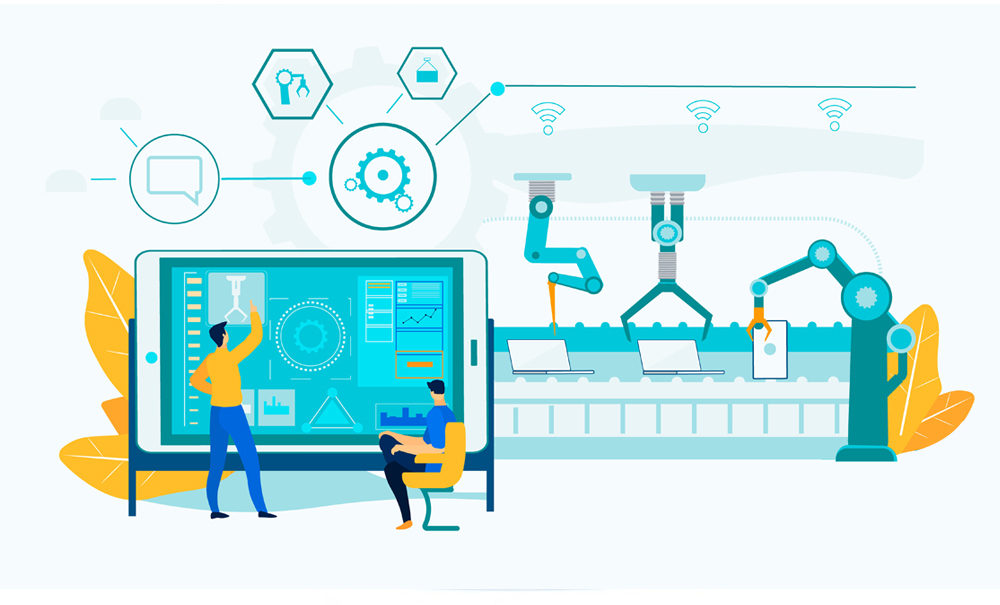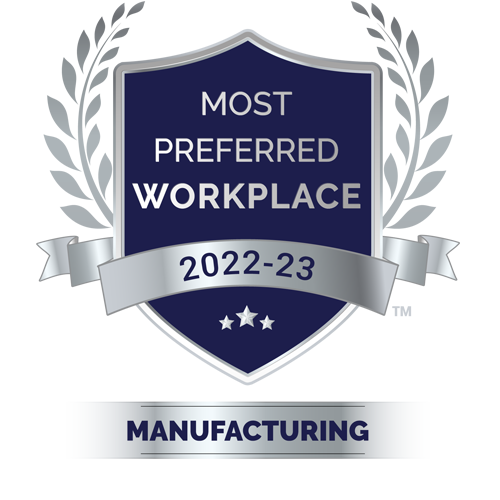


The Indian manufacturing sector has undergone a significant transformation owing to the fourth industrial revolution also known as Industry 4.0 which originated in 2011. Industry 4.0 primarily refers to leveraging technologies such as cloud computing, big data, AI, IoT and automation that enable smart manufacturing. Over the years, globalization, digital transformation, Government reforms and lucrative incentive schemes have attracted global corporations to set up manufacturing facilities in India. This not only provided increased access to modern manufacturing practices, technological know-how but also transformed workplace standards. With globalization becoming more prevalent in the manufacturing sector, it is bound to impact Indian companies that now strive to be at par with their global counterparts.
As the industry kicks into a higher gear to meet the global standards, the need to create a better workplace for all has started to take hold of the collective consciousness in the corridors of power. One of the key focus areas in this great transition is that of Diversity, Equity, and Inclusion (DEI). As per the GE and Avatar 2021 survey, women representation in manufacturing has just moved up from 8% to 12% in the period of 2019 to 2021. Increasingly, we are seeing manufacturers of all stripes taking the National Association of Manufacturers’ Pledge for Action in the industry by 2030, pushing DEI to the forefront.
Nurturing workplace safety is another top priority for the companies that actively demonstrate their dedication to improvising workplace culture. Today, manufacturing companies do not shy away from investing in improving health and safety measures of their workforce. It requires behavioural changes from the top levels of management across the manufacturing or the shop floor. Indeed, fostering this culture can certainly be challenging, but it’s what defines an organisation's commitment for employees’ wellbeing.
Keeping these workplace trends and challenges related to compensation, upskilling, employee retention in mind, Team Marksmen has designed a unique initiative Most Preferred Workplace 2022-23 - Manufacturing that brings together leaders from the manufacturing sector to discuss the best workplace practices. After the stupendous success of the inaugural edition of this landmark event, Most Preferred Workplace 2022-23, we turn our lens to the manufacturing industry at a gala event in Mumbai, to laud companies that have particularly succeeded in their holistic reorientation of the manufacturing landscape, which has seen them create an employee experience that is purpose – driven.



Chief Human Resource Officer
Piaggio Vehicles Pvt Ltd, India

Chief Human Resource Officer
Wipro Enterprises
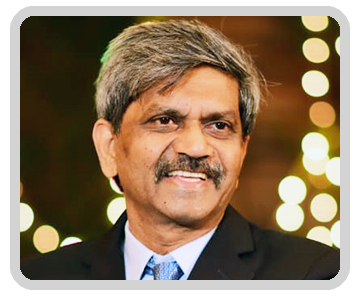
Group Executive President
Corporate Strategy & Business Development
Aditya Birla Group
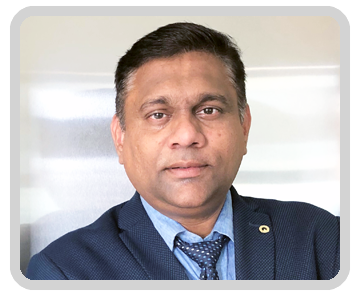
Sr. Vice President – HR
Schindler India

Sr. VP & CHRO
Essar Power

CEO
Hirschvogel Components India

Vice President HR
Bajaj Auto Ltd

President HR - Head of Learning
Talent, OE and HO - HR
Hindalco Industries

CEO
RR Kabel

Group CHRO
Sanjay Ghodawat Group

Spotlight & PRpro.ai
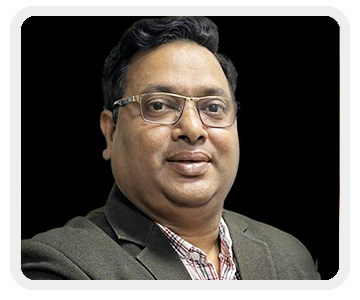
Head Human Resources
Bajaj Energy

Employee Engagement

Organisational Purpose

Growth & Research

Diversity, Equity and Inclusion

Safety and Security

Skilling and Upskilling strategies

